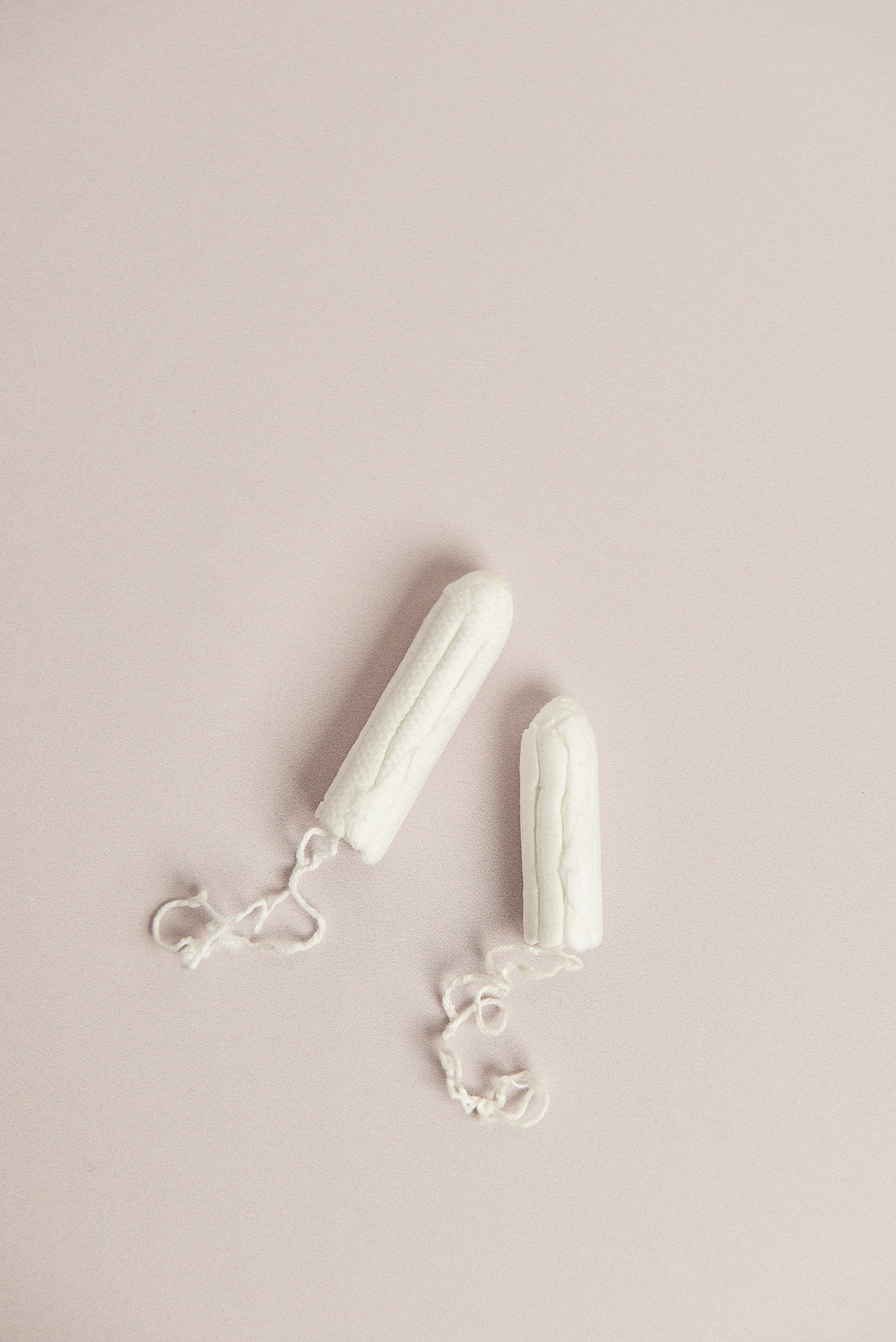
And yet, we’ve socialised our entire population not to talk about it. Enough is enough. We believe employers have a responsibility to create inclusive work environments that support reproductive health. Ultimately, this comes down to equity and dignity.
Why provide free period care?
- Period products are essential health items for just under half of our labour workforce
- Unplanned bleeding without access to necessary period products causes anxiety, disruption and embarrassment
- While most people who menstruate try to keep menstrual supplies on hand, it only takes one surprise period for things to go wrong
- When this happens, the employee must take time out of her day to find a solution, whether that’s going home, running to the shops or asking around coworkers
- Offering free period products in office bathrooms removes the stress of being caught without a pad or tampon at a critical moment – saving time and energy
“I think that if nobody is expected to carry around toilet paper in the workplace, period products should not be viewed any differently,” says Anusha Singh, National Campaign Co-Director for PERIOD. “No menstruator should be held back from going to class or reaching their full potential because of a natural need and lacking access to menstrual products. Unfortunately, even today, menstrual products are viewed as luxury or personal items instead of necessities – and this needs to change.”
Fighting period poverty and stigma is what sparked the idea behind National Period Day on October 19th. For more information about National Period Day and to find the rally closest to you, go to nationalperiodday.com.
Empowering people who menstruate in the workplace
Of course, this all forms part of the wider issue of gender equality in business. Period stigma often leads to silence around menstruation that can cause people to feel embarrassed and unsupported. In some cases, people with periods have left their jobs or even been dismissed owing to a menstrual or reproductive health problem. In developing countries, many women who menstruate miss what amounts to months of school or work each year because they don’t have access to affordable menstrual health care.
Small, simple changes can have a huge impact, contributing to a more inclusive workplace. In a nationwide pilot scheme, free period products are now offered across Scotland for low-income women – the first national government-sponsored effort of its kind. Empowering people who menstruate in the workplace means taking it upon ourselves to make reproductive and menstrual health part of our wider diversity and inclusion strategies, as well as having clear support systems and wellbeing policies in place.
Be part of the menstrual movement
Progressive employers are already leading the charge to provide free menstrual health products at work – Google, Etsy and Spotify among them. Unsurprising, from companies who are known to invest heavily in the wellbeing of their employees. It’s the little things that tell you an organisation really cares about its people. But it’s not kindness for the sake of kindness (great as that would be): offering free tampons demonstrates a commitment to supporting people who menstruate in the workplace that can increase a company’s odds of scoring top talent – and the profit that comes with it.
The best part is, it doesn’t cost that much to implement.
What’s the bottom line?
While tampons and pads can be relatively expensive for individual consumers, it’s cheaper for a company buying them in bulk. The average box of off-the-shelf tampons costs around £5.00 – and we get through several each per year. According to a study by Free the Tampons, it costs just $4.67 per person, per year to offer employees who menstruate period products. That’s ~£3.80 if we’re talking GBP – a significant saving. Grace & Green offers bulk pricing for corporate subscriptions to make premium period products in bathrooms an affordable option for businesses.
Advice for employers
So how can employers support menstrual and reproductive health in the workplace? Beyond stocking free period products in all restrooms, there are a number of things you can do:
- Have clear support and management systems in place for reproductive health conditions
- Develop supportive policies and offer reasonable adjustments, such as flexible working
- Ensure that managers and HR are clued up about reproductive and menstrual health
- Include menstrual and reproductive health in your wider diversity and inclusion strategy
These changes are not about alleviating individual responsibility to purchase the products we need in our everyday lives, but rather ensuring that we all have equal access to menstrual products in the workplace, regardless of gender.
Why choose Grace & Green?
Grace & Green offers a modern take on menstrual health with premium biodegradable period products crafted from 100% certified organic cotton. We’re committed to menstrual health, the environment, and tackling period poverty. Our mission is to challenge the status quo of the period care industry in its current state. If it helps, think of it as buying fresh ground coffee rather than instant.
All of our products are:
- Completely free from rayon, polyester, pesticides, wood pulp, fragrances and chlorine bleach – all standard ingredients in cheaper, conventional tampons and readily absorbed by the body
- 100% biodegradable, so they won’t be sitting around in landfill for years to come, unlike traditional or supermarket alternatives
- Cruelty-free, vegan and made from certified organic cotton, which uses 71% less water and 62% less energy than non-organic cotton and creates better living standards for farmers
Time to make a change? Get in touch at hello@graceandgreen.co.
)
)
)
)
)
)
)
)
)